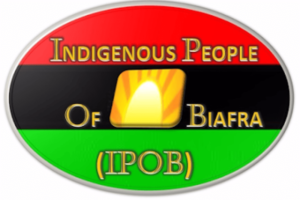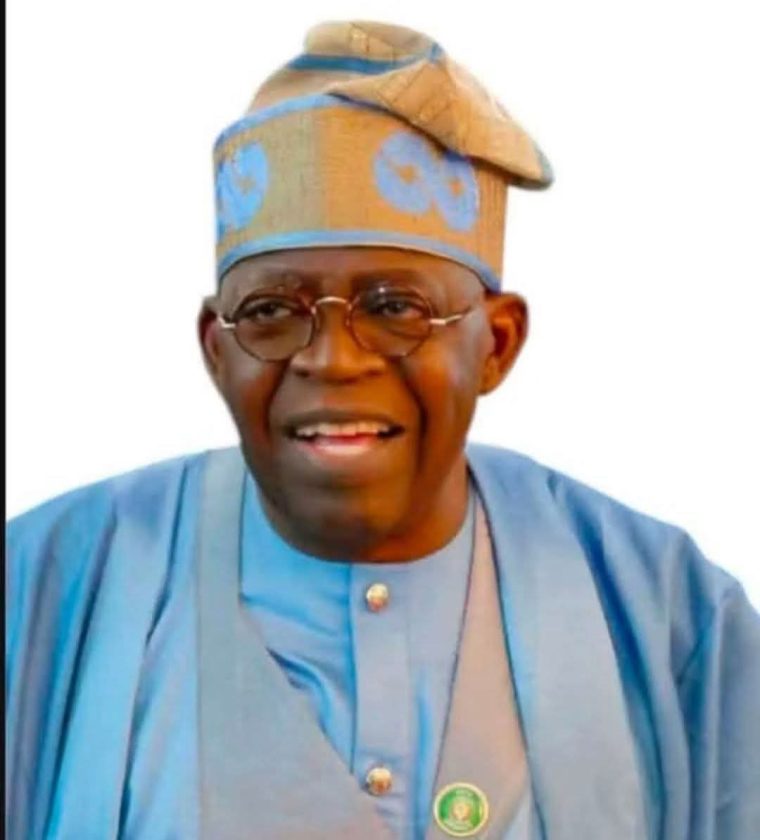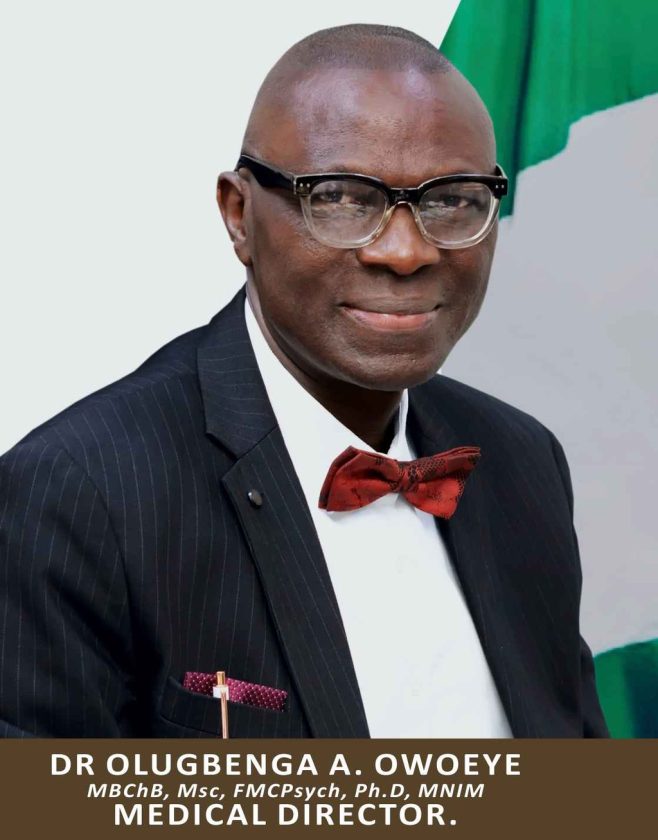The Abuja Division of the Federal High Court, on Thursday, declined to set-aside the order that designated the Indegeniuos People of Biafra, IPOB, as a terrorist organisation. The court, in a ruling that was delivered by the Acting Chief Judge of the Federal High Court, Justice Abdul Abdu-Kafarati, dismissed the application IPOB filed to challenge the September 20, 2017, order that outlawed its activities in Nigeria.
Justice Kafarati said he was persuaded by an affidavit evidence and exhibits the Attorney General of the Federation and Minister of Justice, Mr. Abubakar Malami, SAN, adduced before the court, which he said showed that existence of the IPOB constituted a threat to national security. Though he acknowledged that every Nigerian citizen has the right to assemble freely and to form or belong to any association for the protection of his interests, Justice Kafarati however stressed that under section 45 of the 1999 Constitution, as amended, such right could be curtailed “in the interest of defence, public safety, public order, public morality or public health”, as well as “for the purpose of protecting the rights and freedom of other persons”.
He further dismissed the argument of counsel to the IPOB, Mr. Ifeanyi Ejiofor, that the group, not being a registered entity in Nigeria, could not be validly sued by the Federal Government. The court maintained that the fact that IPOB claimed that it was registered in so many countries aside Nigeria, did not exculpate it from legal liabilities if it was found to have by its activities, violated any law in Nigeria
“The question is whether a foreigner in Nigeria is subject to Nigerian law? Can that foreigner be arrested and prosecuted in Nigeria? The answer is yes. “It is therefore my considered view that argument of Ejiofor has no basis. I hold that the applicant is subject to Nigerian law and courts”, the Judge added. More so, he held that the proscription order he issued against IPOB in chambers was proper in law since it was based on an ex-parte motion that was anchored on provisions of the Terrorism Prevention Act, adding that the motion was backed with “Presidential approval”.
The court insisted that the proscription order did not amount to an infringment of rights of IPOB members. Consequently, it resolved all three issues that were formulated against the proscription order against the IPOB, and also awarded a cost of N500, 000 against the outlawed group. Meanwhile, shortly after the judgment, IPOB’s lawyer, Ejiofor, vowed to take the case before the Court of Appeal.
Ejiofor decried that the Judge failed to consider fundamental issues that IPOB raised in its application. IPOB had asked the court to vacate the proscription order which it said was surreptitiously obtained by the AGF. The court had in the ruling last year, declared as illegal, all activities of the IPOB, particularly in the South-East and South-South regions of the country. It specifically restrained “any person or group of persons from participating in any of the group’s activities”.
Justice Karafati directed the AGF to ensure that he published the order proscribing IPOB in the official gazette, as well as in two national dailies, an order FG had since complied with. However, the IPOB, in a motion it filed pursuant to Section 6(6) (1) of the 1999 constitution, as amended, maintained that the proscription order “was made without jurisdiction”, adding that it was “granted against an entity unknown to law”.
IPOB queried the legal validity of the order, saying there was “clear suppression and misrepresentation of facts”, in the affidavit evidence the AGF submitted, upon which the order was granted. It argued that the proscription order was tantamount to declaring over 30million Nigerians of Igbo extraction as terrorists.
Besides, IPOB which sought nullification of the proscription order on 13 grounds, told the court that its member does not carry arms and has no history of arm struggle in the exercise of their constitutionally guarantee rights to self-determination.




